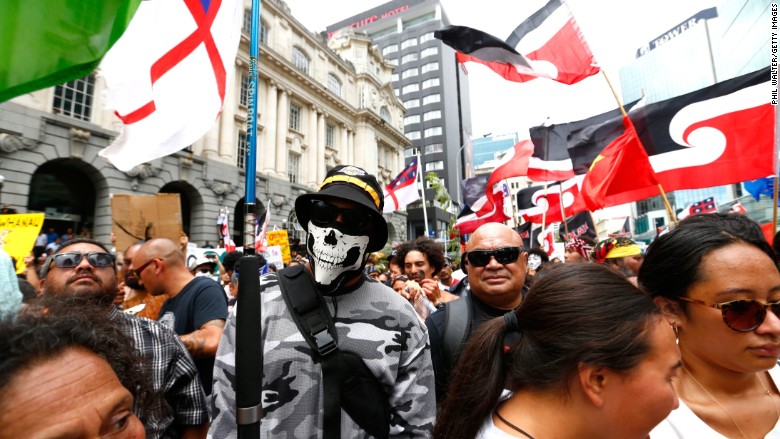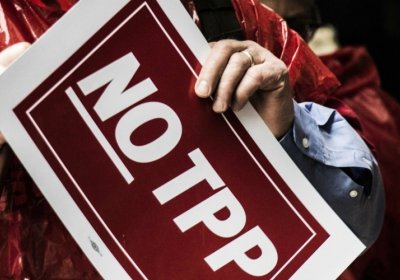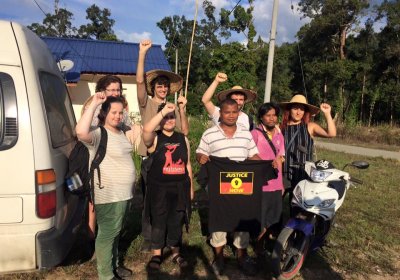The Electrical Trades Union (ETU) Western Australia branch has tightened the screws on the Australian Labor Party over its betrayal on the Trans-Pacific Partnership (TPP-11) agreement.
Trans-Pacific Partnership (TPP)
The Australian Labor Party’s parliamentary caucus' decision to vote up the Trans Pacific Partnership (TPP-11) has created a backlash. The secretary of Hunter Workers (formerly the Newcastle Trades Hall Council) Daniel Wallace has resigned from the party, saying he 'finally realised that the shortcuts taken by the ALP usually lead to detours which lead to dead ends'.
In Tokyo on January 24, 11 Pacific Rim countries including Australia reached an agreement to sign a revived Trans-Pacific Partnership (rebranded the Comprehensive and Progressive Agreement for Trans-Pacific Partnership, CPTPP).
The huge free trade deal almost fell into oblivion last year when US President Donald Trump pulled his country out, citing concerns for the loss of US jobs.
Social movements across Asia, Latin America, Oceania, and North America celebrated on November 15 the fact that their seven-year strategic campaign had successfully derailed the Trans-Pacific Partnership (TPP), a controversial trade deal widely condemned for privileging corporate profits over international public interest.
The news that the White House and Republican congressional leaders have given up on passing the Trans-Pacific Partnership (TPP) is welcome.
That the TPP would be defeated by Congress if brought to a vote signals that the Trojan-horse “trade” agreements that expand corporate power are simply no longer politically viable. People power beat the united forces of a US president, the Republican congressional leaders and the entire corporate lobby.
 Peruvians took to the streets of the country's capital Lima in large numbers on February 25 to protest against the pro-corporate Trans-Pacific Partnership (TPP) involving 12 Pacific Rim nations.
Peruvians took to the streets of the country's capital Lima in large numbers on February 25 to protest against the pro-corporate Trans-Pacific Partnership (TPP) involving 12 Pacific Rim nations.
This is the final part of a three-part feature on an exposure tour of Malaysia hosted by the Socialist Party of Malaysia (PSM), in which five Resistance: Young Socialist Alliance members participated over January 15 to 26.
 Anti-TPP protesters in Auckland.
Amid angry protests in the streets, Pacific rim countries signed the controversial Trans-Pacific Partnership (TPP) trade deal on February 4 in New Zealand's capital Auckland.
Anti-TPP protesters in Auckland.
Amid angry protests in the streets, Pacific rim countries signed the controversial Trans-Pacific Partnership (TPP) trade deal on February 4 in New Zealand's capital Auckland.
- Page 1
- Next page









